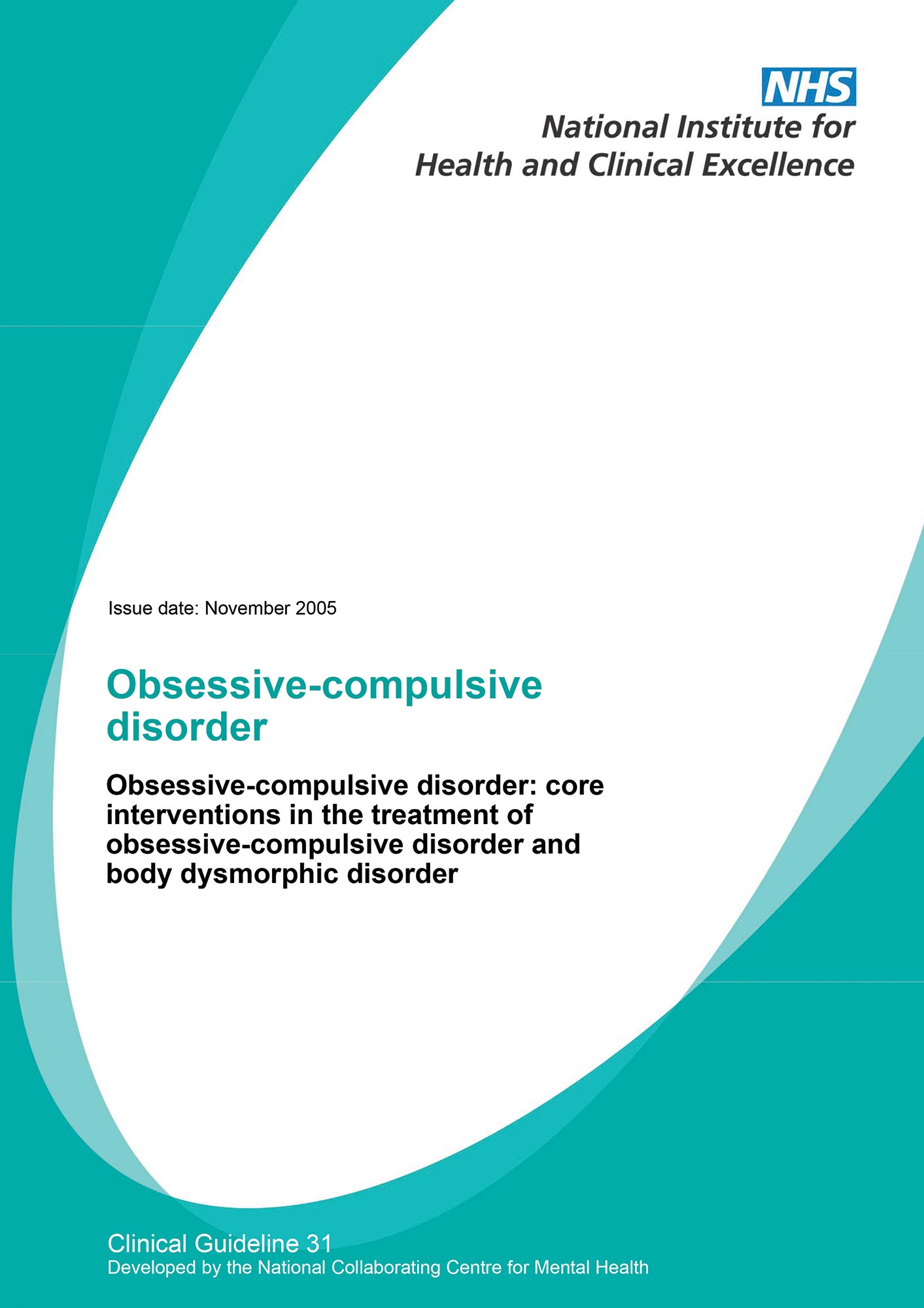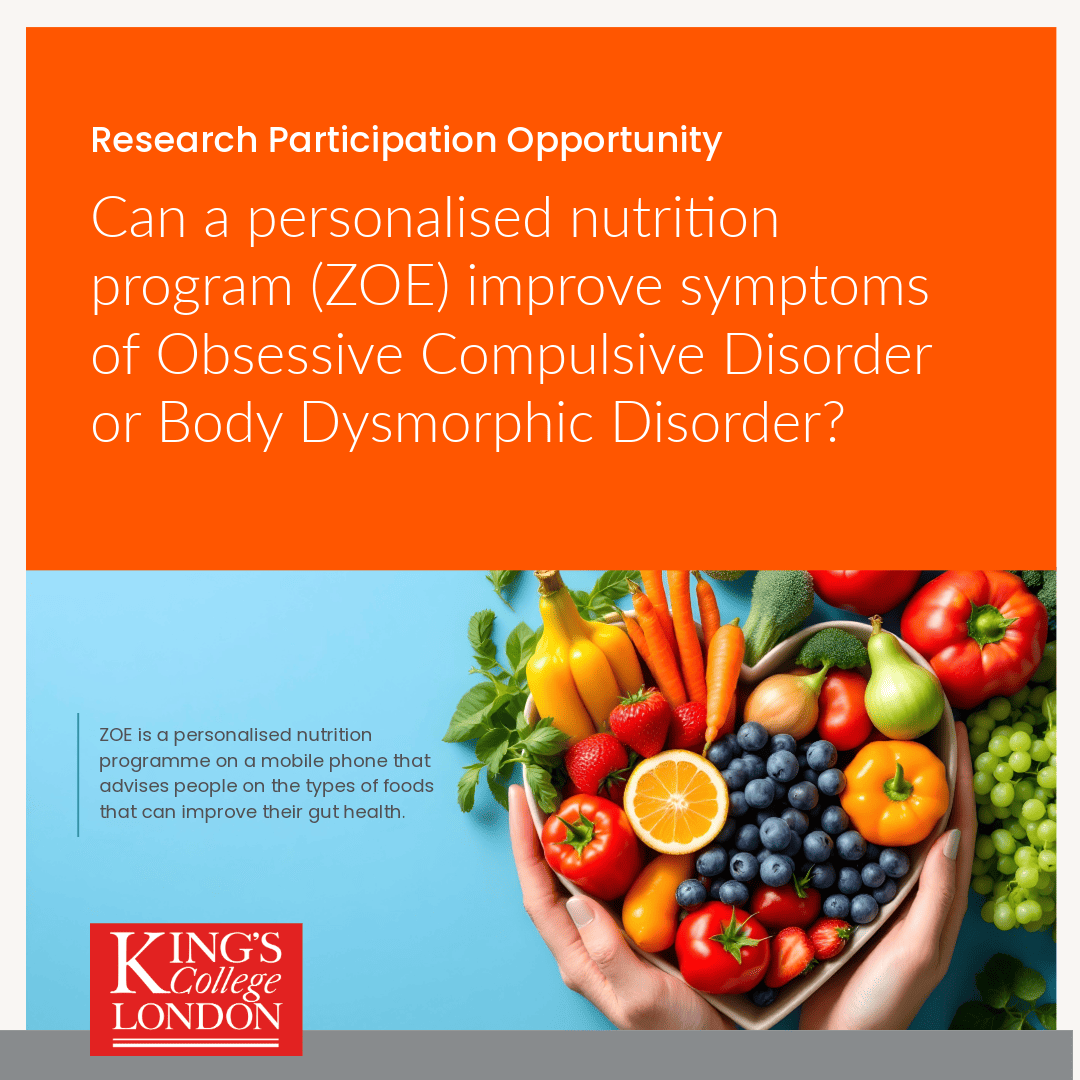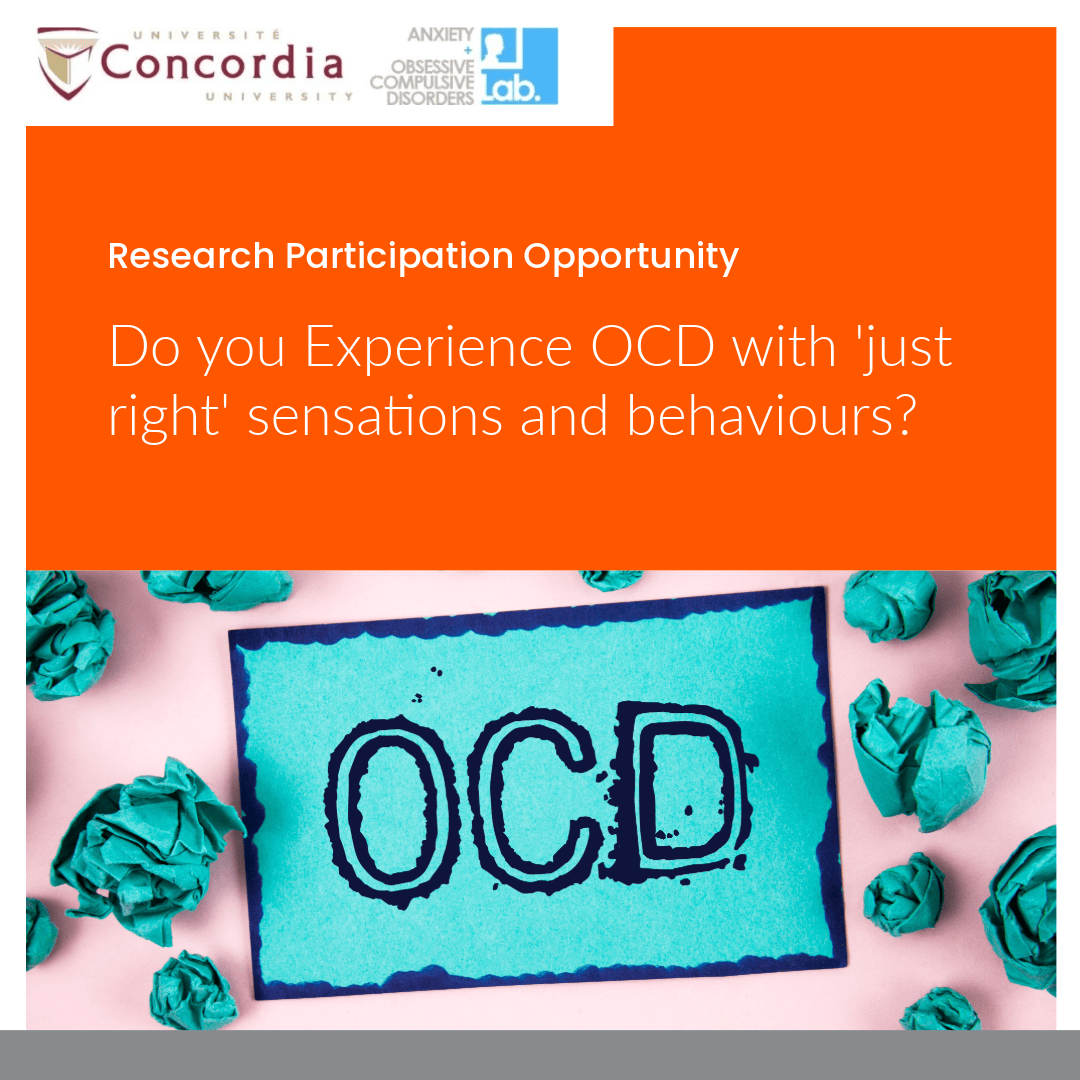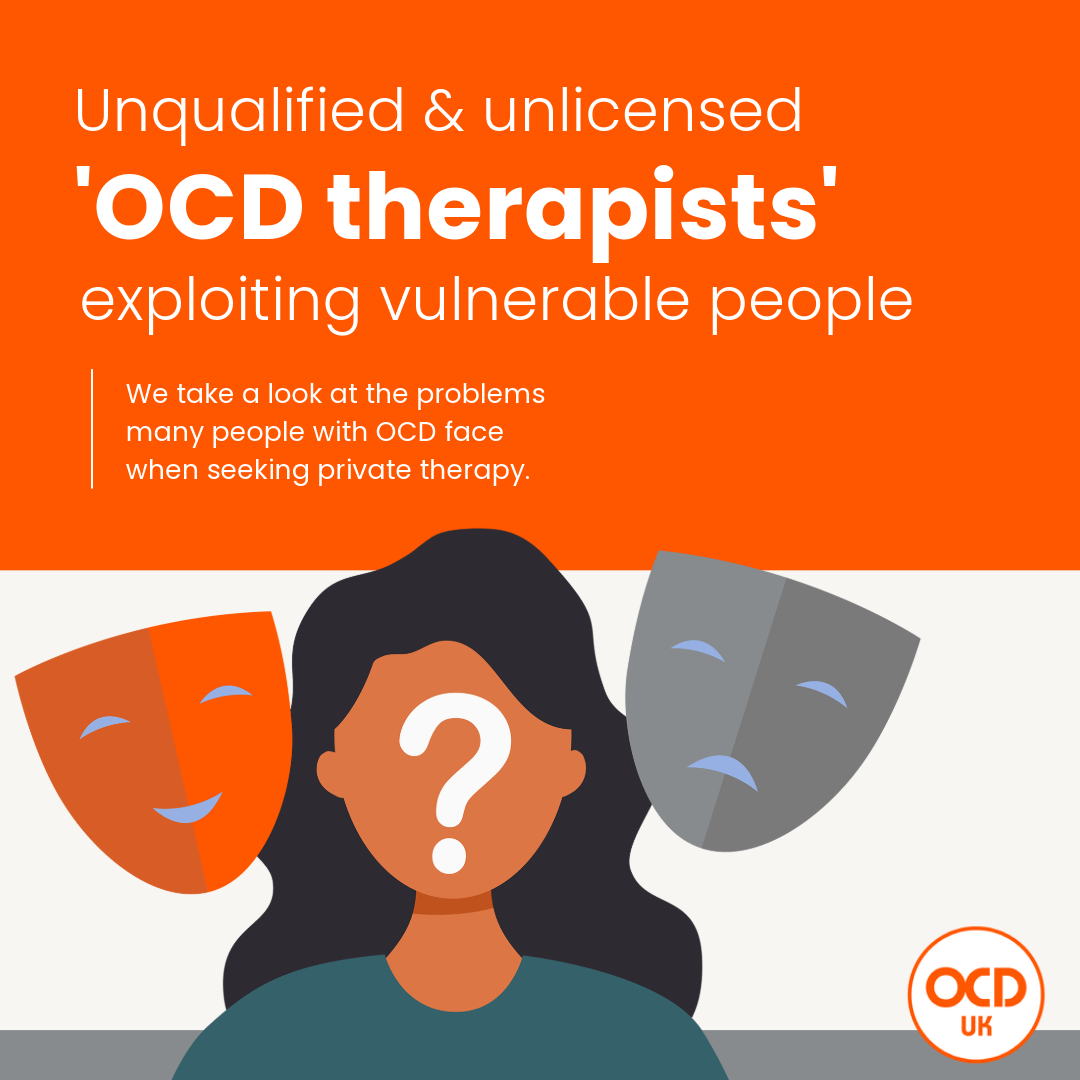
The National Institute for Health and Clinical Excellence (NICE) is part of the NHS and is the independent organisation responsible for providing national guidance on treatments and care for people using the NHS in England and Wales.
On the 23rd November 2005, The National Institute for Health and Clinical Excellence (NICE) and the National Collaborating Centre for Mental Health launched their set of clinical guidelines for the identification, treatment and management of Obsessive-Compulsive Disorder and Body Dysmorphic Disorder for children and adults. OCD-UK was involved as a stakeholder in the initial development of the guidelines for OCD and we were involved in the subsequent press launch.
The NICE guidance is intended for health care professionals, patients and their carers to help them make decisions about treatment and health care. What this should do is ensure people in England and Wales are offered evidence based treatment as recommended by NICE.
The benefit for us is we can quote the NICE recommendations when we are trying to access treatment, or being offered less therapy than recommended by NICE.
For example, NICE refer to treatment as up to 10-hours of therapy per course of treatment (then being offered another 10 hours if needed), but some IAPT therapy services are currently not providing that amount of therapy (routinely they only offer 6 hours of therapy and no more), so when fighting for additional therapy you may wish to remind the service of that NICE recommendation.
The information that follows is a summary of the basic points that the NICE Guideline recommend for the management of OCD for children and adults:
1.5.1 Initial treatment options
Adults
The intensity of psychological treatment has been defined as the hours of therapist input per patient. By this definition, most group treatments are defined as low intensity treatment (less than 10 hours of therapist input per patient), although each patient may receive a much greater number of hours of therapy.
1.5.1.1 In the initial treatment of adults with OCD, low intensity psychological treatments (including ERP) (up to 10 therapist hours per patient) should be offered if the patient’s degree of functional impairment is mild and/or the patient expresses a preference for a low intensity approach. Low intensity treatments include:
- brief individual CBT (including ERP) using structured self‑help materials
- brief individual CBT (including ERP) by telephone
- group CBT (including ERP) (note, the patient may be receiving more than 10 hours of therapy in this format).
1.5.1.2 Adults with OCD with mild functional impairment who are unable to engage in low intensity CBT (including ERP), or for whom low intensity treatment has proved to be inadequate, should be offered the choice of either a course of an SSRI or more intensive CBT (including ERP) (more than 10 therapist hours per patient), because these treatments appear to be comparably efficacious.
1.5.1.3 Adults with OCD with moderate functional impairment should be offered the choice of either a course of an SSRI or more intensive CBT (including ERP) (more than 10 therapist hours per patient), because these treatments appear to be comparably efficacious.
1.5.1.4 Adults with OCD with severe functional impairment should be offered combined treatment with an SSRI and CBT (including ERP).
1.5.1.5 Adults with BDD with mild functional impairment should be offered a course of CBT (including ERP) that addresses key features of BDD in individual or group formats. The most appropriate format should be jointly decided by the patient and the healthcare professional.
1.5.1.6 Adults with BDD with moderate functional impairment should be offered the choice of either a course of an SSRI or more intensive individual CBT (including ERP) that addresses key features of BDD.
1.5.1.7 Adults with BDD with severe functional impairment should be offered combined treatment with an SSRI and CBT (including ERP) that addresses key features of BDD.
Children and young people
1.5.1.8 For children and young people with OCD with mild functional impairment, guided self‑help may be considered in conjunction with support and information for the family or carers.
1.5.1.9 Children and young people with OCD with moderate to severe functional impairment, and those with OCD with mild functional impairment for whom guided self‑help has been ineffective or refused, should be offered CBT (including ERP) that involves the family or carers and is adapted to suit the developmental age of the child as the treatment of choice. Group or individual formats should be offered depending upon the preference of the child or young person and their family or carers.
1.5.1.10 All children and young people with BDD should be offered CBT (including ERP) that involves the family or carers and is adapted to suit the developmental age of the child or young person as first‑line treatment.
1.5.1.11 If psychological treatment is declined by children or young people with OCD or BDD and their families or carers, or they are unable to engage in treatment, an SSRI may be considered with specific arrangements for careful monitoring for adverse events.
1.5.1.12 The co‑existence of comorbid conditions, learning disorders, persisting psychosocial risk factors such as family discord, or the presence of parental mental health problems, may be factors if the child or young person’s OCD or BDD is not responding to any treatment. Additional or alternative interventions for these aspects should be considered. The child or young person will still require evidence‑based treatments for his or her OCD or BDD.
It’s important to note though that the NICE Guidelines do not cover Scotland or Northern Ireland, although NICE is widely respected, so patients in Scotland or Northern Ireland can still make reference to them to their own local NHS services should they feel need to.
You can download different versions of the NICE guidelines from the NICE website.
NICE FAQ’s
Clinical guidelines are recommendations on the appropriate treatment and care of people with specific diseases and conditions within the NHS in England and Wales. They are based on the best available evidence. Guidelines help healthcare professionals in their work, but they do not replace their knowledge and skills.
Good clinical guidelines can change the process of healthcare and improve outcomes. For example, well-constructed and up-to-date clinical guidelines:
- Provide recommendations for the treatment and care of people by health professionals.
- Can be used to develop standards to assess the clinical practice of health professionals.
- Can be used in the education and training of health professionals.
- Can help patients to make informed decisions, and improve communication between the patient and health professional.
The guideline topics referred to NICE by the Secretary of State for Health and the Welsh Assembly Government are published on the NICE website. Stakeholder organisations are then invited to register their interest in individual guidelines through the website.
The boundaries of the guideline – what it will and will not cover – are drawn up by the National Collaborating Centre (NCC) commissioned by NICE to develop the guideline. They are written up in a document called the scope. NICE, registered stakeholders and an independent Guideline Review Panel have input into the development of the scope.
The NCC then establishes a Guideline Development Group comprising health professionals, lay representatives and technical experts. This group assesses the evidence available on the guideline topic and makes recommendations based on this evidence. These form the core of the guideline.
Registered stakeholders have two opportunities to comment on the draft guideline, which is posted on the NICE website during the consultation periods. The Guideline Review Panel also reviews the guideline and checks that stakeholders’ comments have been addressed.
Following the final consultation period, the Guideline Development Group finalises the recommendations and the NCC produces the final documents. These are then submitted to NICE. NICE formally approves the guideline and issues its guidance to the NHS in England and Wales.

 You can also access NICE guidelines whilst on the move through NICE’s new official app for Android and Apple devices.
You can also access NICE guidelines whilst on the move through NICE’s new official app for Android and Apple devices.
What to read next:
[lastreviewed]
[nextreviewed]
Additional Reading:
Disclaimer: This article is for information only and should not be used for the diagnosis or treatment of Obsessive-Compulsive Disorder or any other medical condition. OCD-UK have taken all reasonable care in compiling this information, but always recommend consulting a doctor or other suitably qualified health professional for diagnosis and treatment of Obsessive-Compulsive Disorder or any other medical condition.


























